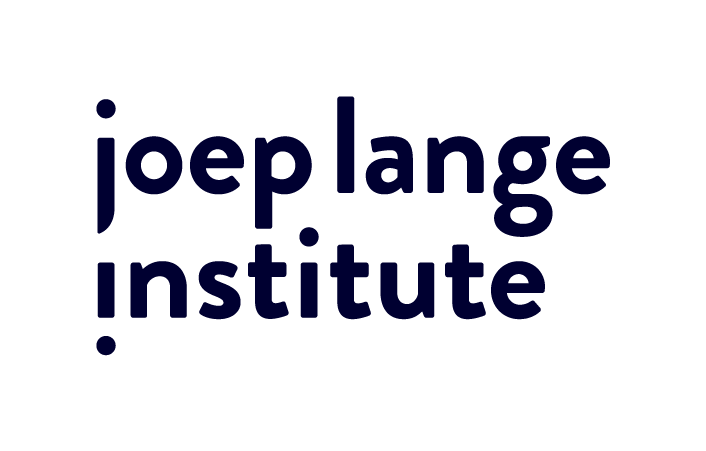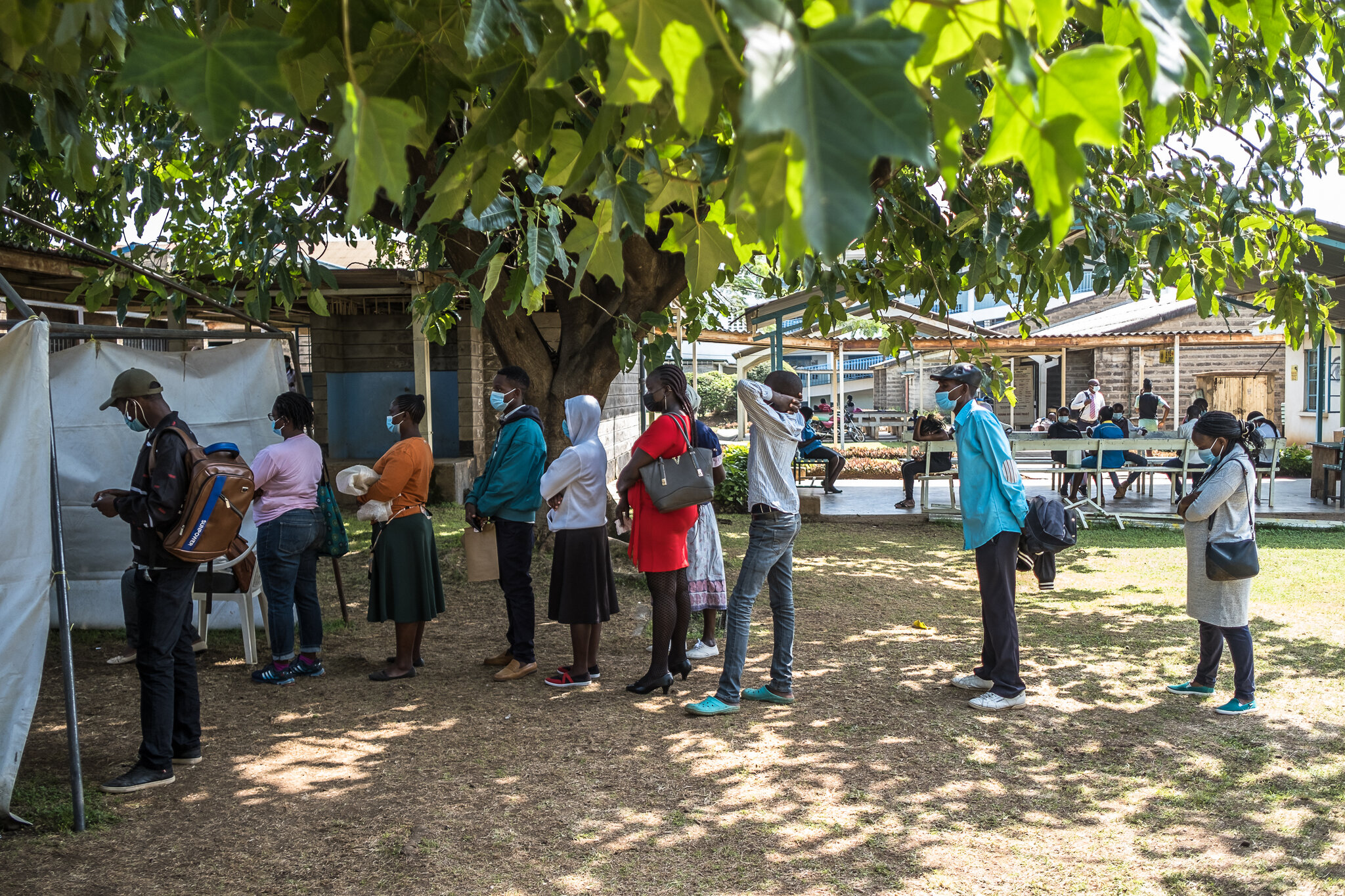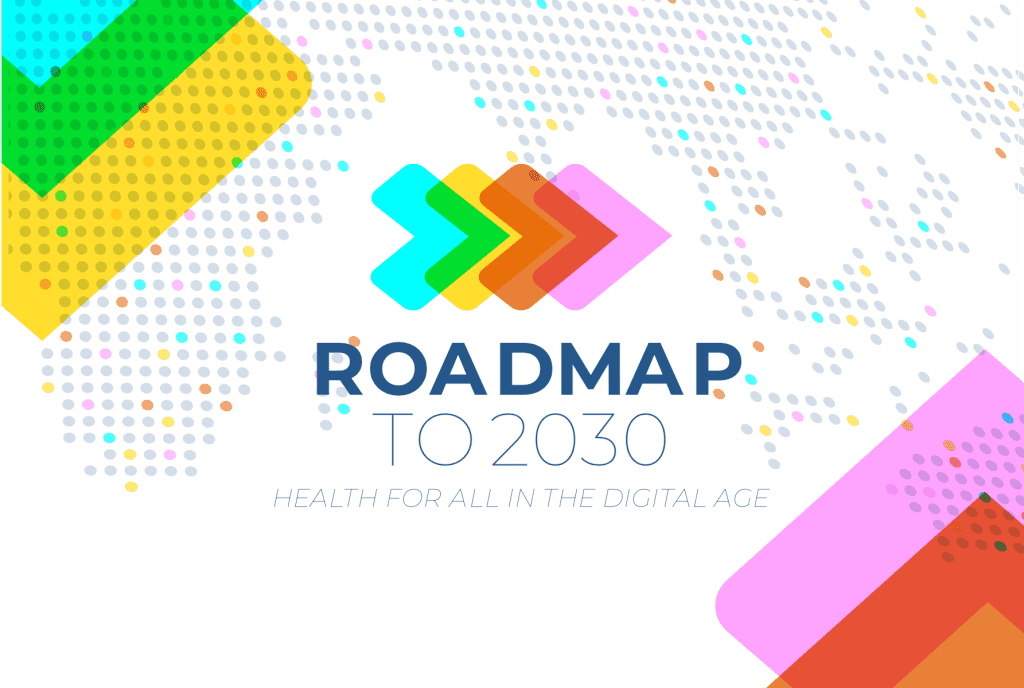Can performance-based financing
accelerate Hepatitis C treatment in Cameroon?
The health markets in developing countries are generally taunted by a lack of available funds. There is a need for these countries to come up with innovative ways to allocate existing funds effectively. JLI is working to define and test innovative financing mechanisms in order to address this issue. In Cameroon, an estimated 200,000 people are infected with Hepatitis C Virus (HCV), a chronic infection which can lead to life threatening liver disease. JLI is supporting the development of a sustainable Hepatitis C treatment model in Cameroon, using phased demonstration projects which will increasingly be financed by an innovative Performance Based Financing impact investment instrument.
Phase 1:
A HCV treatment demonstration project amongst 161 patients, was successfully completed with a cure rate of 96%. Results were published in the journal Tropical Medicine & International Health (link).
Phase 2:
In early 2020, the next phase of the program was initiated, where around 300 HCV infected patients will be treated, identified through the blood donor system and funded through an innovative Performance Based Financing structure.









